Search
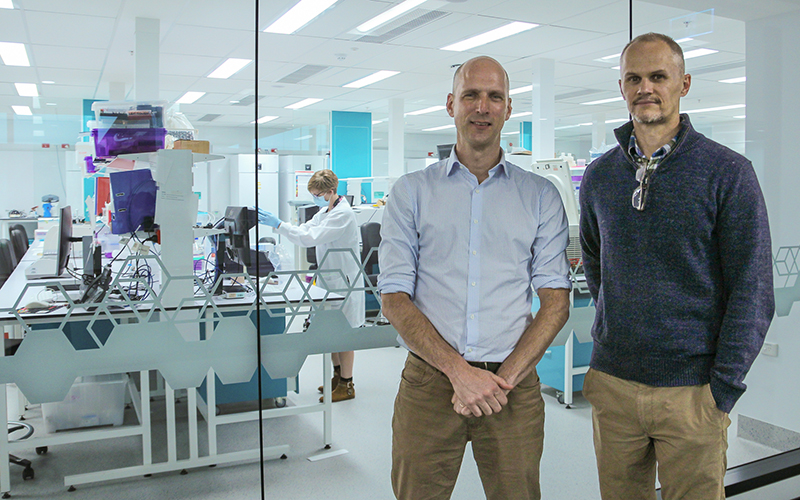
News & Events
Cancer immunotherapy in a tablet a step closer thanks to CUREator grantResearchers at The Kids Research Institute Australia and UWA will use a $500,000 CUREator grant to progress the development of the first cancer immunotherapy in a tablet.

News & Events
WA Health funding supports development of new mental health digital tool for autism familiesA co-designed digital tool to address anxiety concerns for children on the autism spectrum is set to be developed and trialled in Western Australia.

News & Events
International clinical trial reduced lung inflammation in young kids with cystic fibrosisPromising results from an Australian-led clinical trial could drastically change the way we care for young children with cystic fibrosis (CF).

News & Events
Pneumococcal vaccine sees hospital admissions for deadly pneumonia slashed by halfThousands of children born in Papua New Guinea (PNG) no longer face a future cut short by severe pneumonia, thanks to the introduction of pneumococcal vaccination as part of the country’s National Immunisation Program.

News & Events
New centre to focus on breaking the cycle of disadvantageThe ARC Centre of Excellence will conduct world-leading research to investigate new ways of tackling entrenched social and economic disadvantage.
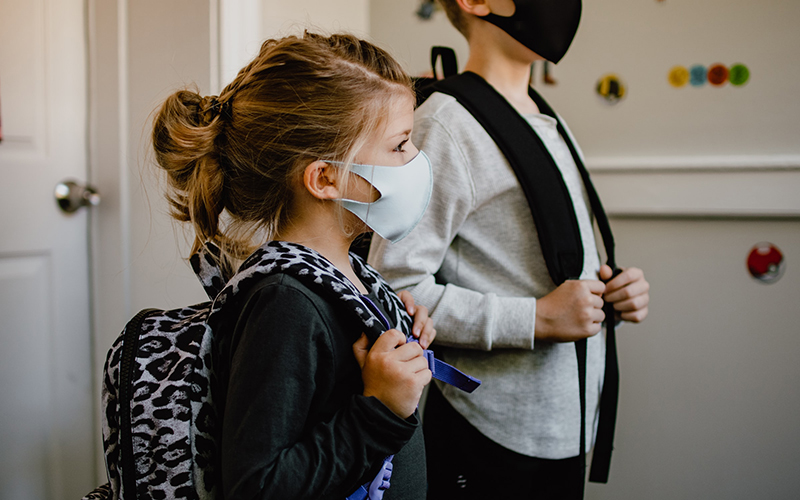
News & Events
COVID-19 in WA: Why having our kids wear masks at school is the correct callWest Australian children as young as Year 3 are now turning up to school in masks, presenting a new challenge for kids, parents and schools.
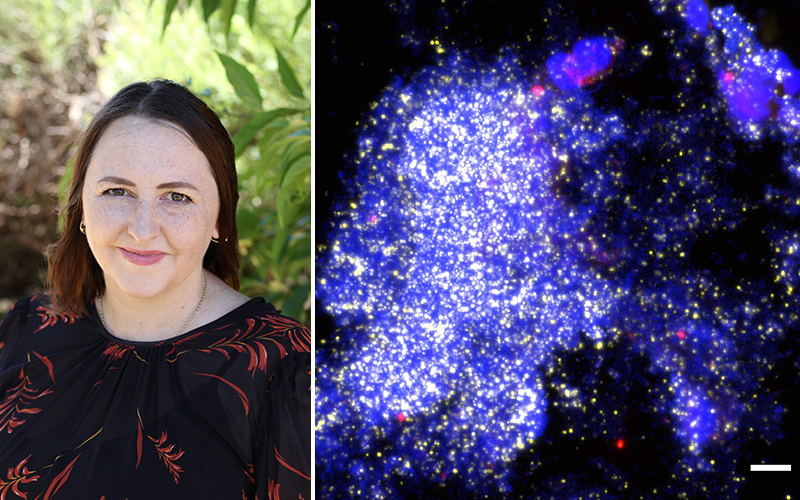
News & Events
Bacterial slime causing persistent wet coughs for childrenResearchers using powerful microscopes have identified bacterial slime in the lungs of some children with persistent wet coughs.
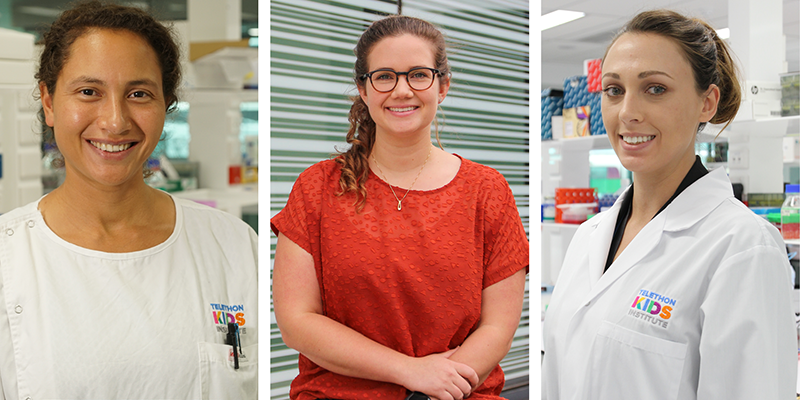
News & Events
Raine Foundation grants to support key child health researchThree outstanding young researchers from The Kids Research Institute Australia have been named Raine Fellows and received valuable Raine Priming Grants to support their child health research.
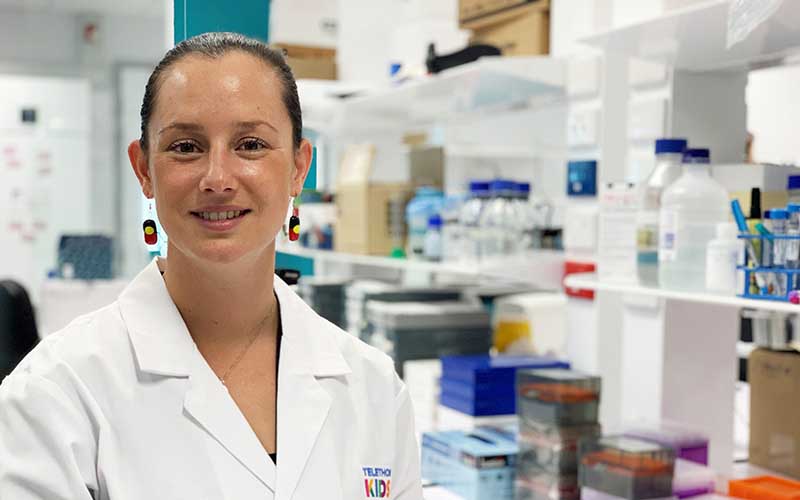
News & Events
The Kids Research Institute Australia Cancer Researcher recognised in 2021 Business Events Perth Aspire AwardsOne of The Kids Research Institute Australia’s leading young researchers will travel to the world’s premier conference on childhood brain cancer.

News & Events
Four The Kids Research Institute Australia finalists in 2021 WA Mental Health AwardsTwo The Kids Research Institute Australia researchers and two significant The Kids-led initiatives aimed at improving the mental health of young people
